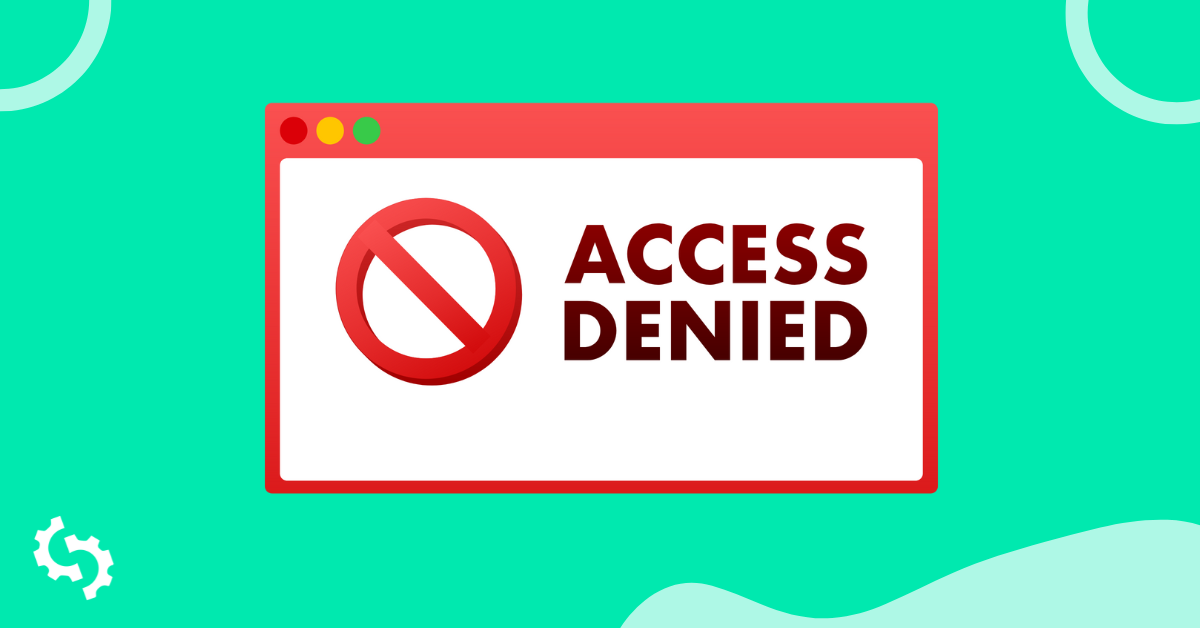.png)
Link building is like any other skill.
Study and practice that skill, and you'll improve over time.
This link building for dummies guide will teach you the seven lessons you need to make that happen.
In this article, I'm going to make a few assumptions:
First, you're already familiar with basic SEO terminology. If not, check out this SEO glossary to get up to speed.
Second, you know that link building is necessary to achieve SEO results.
Third, you don’t really know the ins and outs of how to do effective link building.
And fourth, you’re ready to apply yourself to learn these skills.
Now let's get started!
Lesson 1: Why Does Link Building Matter?
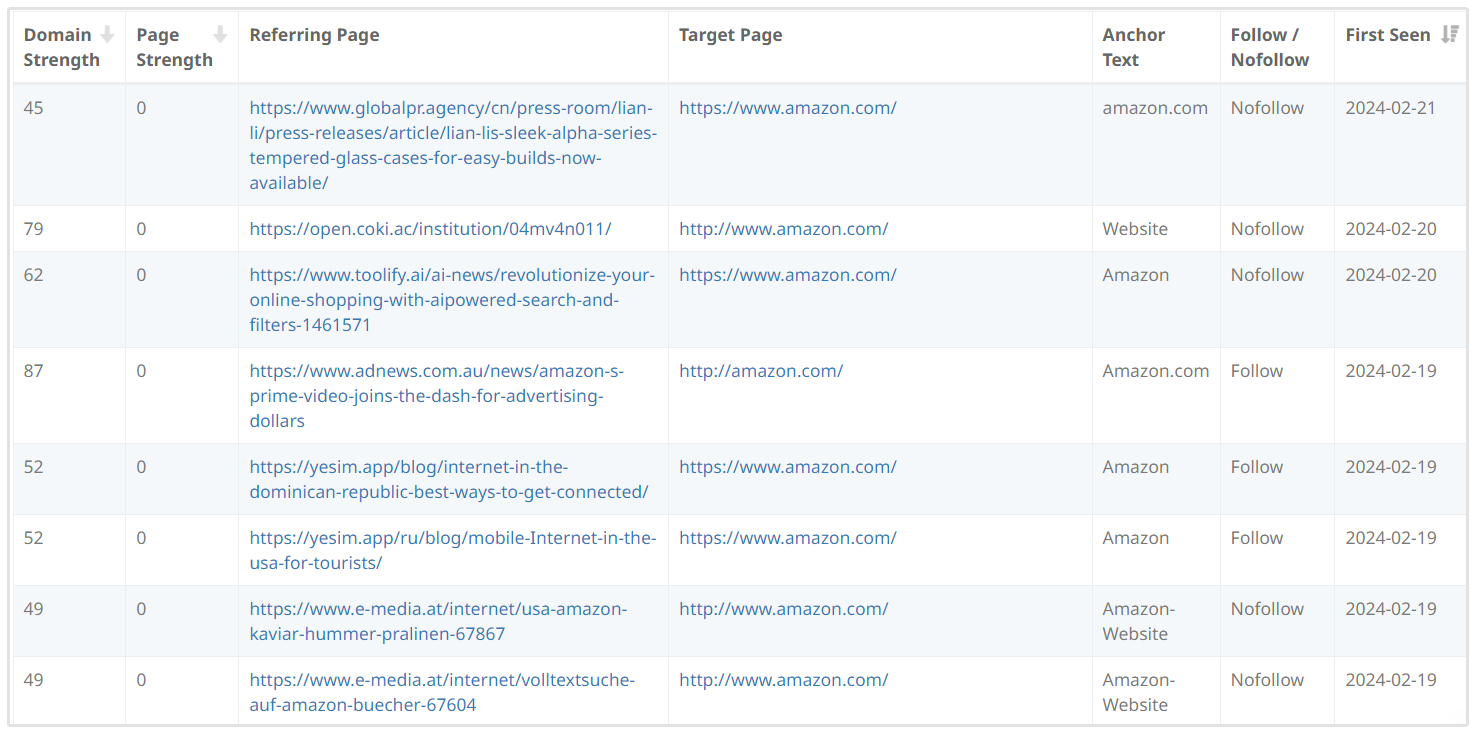
Think of links as footnotes in a well-researched book. Each footnote or “link” points to another related resource.
How can you know if a particular writer is reputable? One way is to look at how many times their work is cited by other writers.
Fundamentally, that’s exactly how search engines like Google and Bing work.
They count the quantity and quality of links pointing to a page. Based on this and other factors, they then determine which websites show up in search engine result pages (SERPs).
Put simply:
If you want traffic from search engines, you need to consistently earn good links to your website. To get those links, you can't just rely on people stumbling across your website and deciding to link to it.
Link building is the art and science of proactively obtaining those links.
There are two kinds of links you can build: internal and external.
Internal links are links between two pages on your website, like when I link to another post I wrote on the SEOptimer blog.
In this case, one SEOptimer page (i.e. the post you're reading right now) is linking to another page on the same domain.
External links point to different websites elsewhere on the internet. For example, I might link to Sujan Patel’s blog post about creative block because I found it helpful as someone who writes content every day.
When another website links to your website, that's a backlink. And more backlinks help you gain more traffic.
Now that you know why backlinks matter, let’s turn to how to build them.
Lesson 2: What's the Best Way to Build Links?
The best way to build links is to publish content on your site that other people want to link to because what you've created is valuable.
In brief, here are the steps to take:
A. Research Your Market
Start with a simple question: What does your market want to know?
The idea is to create useful content that helps the target market get their job done.
B. Study Your Competitors
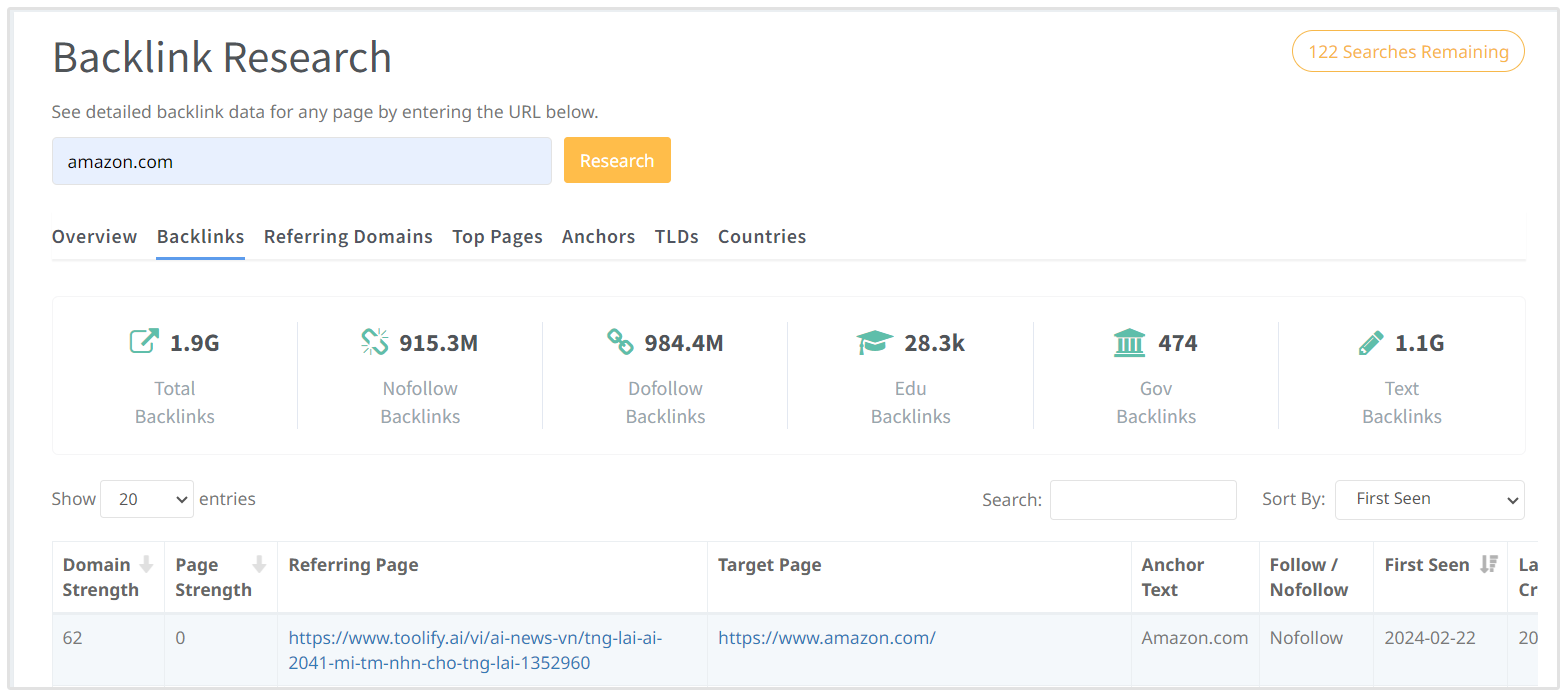
You can also get inspiration by studying your competitors. What content have they created? What content is successfully attracting backlinks for them?
C. Publish High-quality Content to Your Website
When you understand what your market is interested in and what's working for your competitors, it's time to create excellent content!
Here are some general guidelines to help you:
- Focus on text content. If your goal is to earn traffic from search engines, I recommend focusing on text-based content such as blog posts and articles.
- Push for greater depth. Your prospect should think “Wow, I learned a lot and I like this company” after reading your content. That means you need to spend time on research and references.
- Enrich your content with media. Aim to add images, videos, infographics and other resources to your content. It improves readability and overall user experience.
- Ask yourself the ultimate question. As you create content, regularly ask yourself “Would somebody else consider this to be the best resource on the topic?” If so, you're more likely to attract links and earn traffic.
D. Promote Your Content With Outreach
In the classic movie "Field of Dreams," Ray (played by Kevin Costner) is told "If you build it, he will come."
Well, that approach might work in the movies, but real life isn't quite the same. You can’t simply assume that people will discover your content and link to it, especially if your website is new and has limited traffic.
That's why, once you've published new content to your website, you then need to reach out and ask people to link to it.
This process is known as outreach—the art of proactively reaching out to people to start conversations and ask for backlinks.
We'll go more into the outreach process next.
Lesson 3: How Do You Outreach for Backlinks?
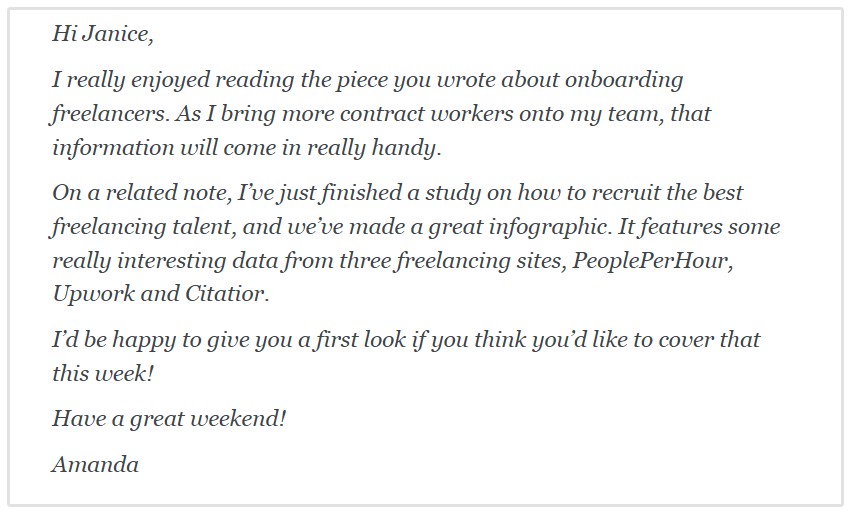
In this context, there are two sets of people you can ask for backlinks: people you know and people you don’t know.
Let’s take a closer look at each one.
A. Outreach to People You Know (Your Network)
Look at your connections on LinkedIn, Facebook and other social platforms. Out of the people you already know, who might be interested in your content or find it helpful?
Once you find a few promising contacts, send them a short email (keep it to a maximum of 100 words) to let them know about your content and ask if they'd link to it.
(There's an art to crafting a good outreach email, which we'll get to soon!)
The problem with this method is that eventually, you're going to run out of people to contact in your network.
When that happens, you're going to have to start contacting people you don’t know.
B. Outreach to People You Don’t Know
Generally speaking, it's more difficult to get backlinks this way.
Just think about it from the recipient's perspective—you're much less likely to link to somebody you’ve never heard of or spoken to before.
So, it's going to take some further research effort along with a great outreach message and content.
One of the best approaches is to look for people who are already linking to similar content, and then ask them to link to your content as well.
You can find these people by searching Google for a keyword that's relevant to your content. Go through the results and review the content.
Look for sites that have linked to other content like yours, and could benefit from linking to yours too.
Tip: As a beginner, I recommend focusing on blogs and small companies. If you see an article from the New York Times or a page from a Fortune 500 company, you're probably not going to be able to get their attention. It's important to be realistic.
Then, look up the website owner or writer’s contact information and send them a pitch. Use a tool like Hunter or Norbert to get their email address if you can't find it listed anywhere.
Do's and Don’ts of Crafting a Successful Outreach Email
- DO use their name. Starting an email with "Hey" or "Dear Website Owner" is not going to cut it today. Take the time to research the right name!
- DO make sure your pitch is relevant. If you're promoting an SEO-related article, check that the website has previously published and linked to SEO-related content. If they haven't, contact somebody else instead.
- DON'T use a 100% templated approach. Outreach email templates have a role to play, but each message should be at least partially customized. I recommend customizing the first 1-2 sentences of each message you send.
- DO keep it short. Limit yourself to 100-150 words in your messages, or three short paragraphs: one to open, one to introduce yourself and the value of your link, and one to make the request for a backlink.
- DO include a call to action. End your email with a short, simple and direct request. For example: "Can you include a link to our article in your list of SEO resources?"
- DON'T forget to measure your results. If you send 100 outreach messages and nobody responds, you need to vary your approach. Test different subject lines, test different opening lines, and keep track of what's working and what's not. Tools like Mailshake and Yesware make that easy.
Lesson 4: What Are the Dangers to Avoid in Link Building?
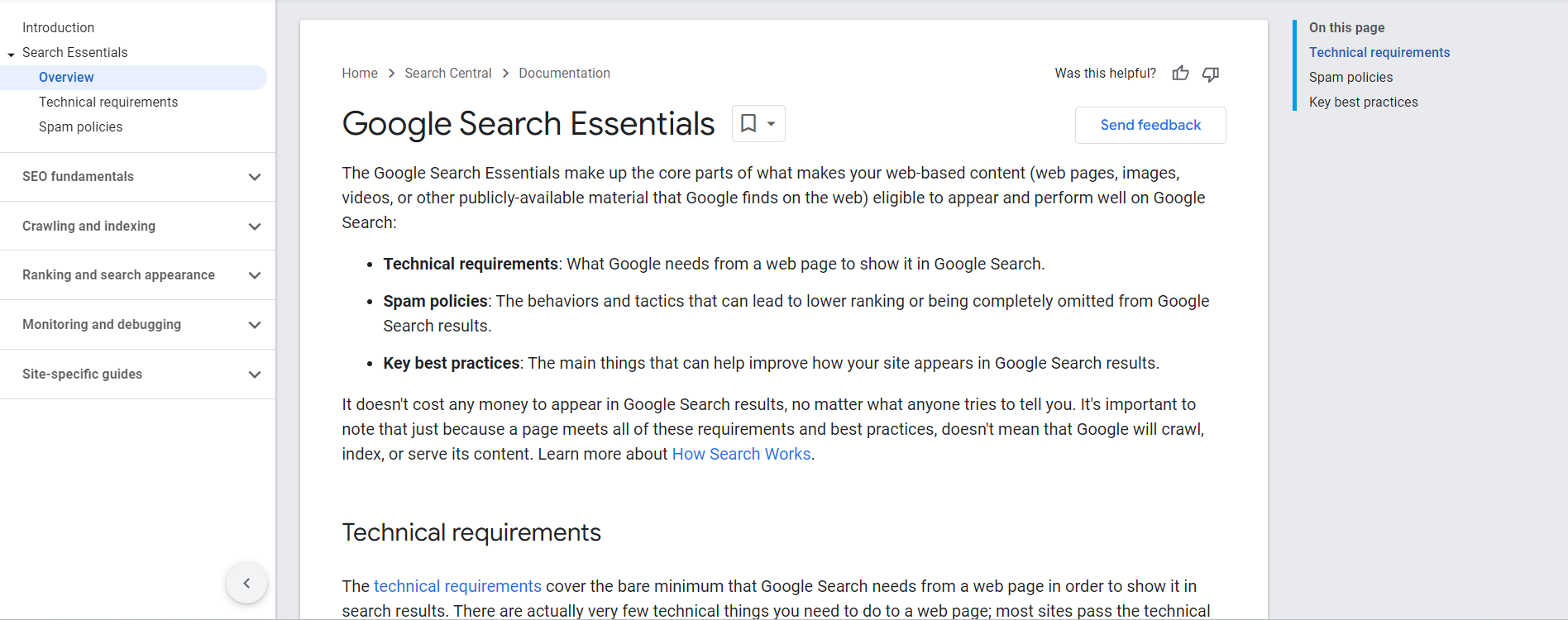
You probably became interested in SEO and link building because of the wonders of organic traffic. The thought of receiving thousands of visitors to your website each month passively is exciting!
But if you want to achieve long-term results, you need to know about the dangers of bad link building methods.
To keep it simple, there are three things you need to avoid:
1. Violating Google’s standards. While Google doesn’t reveal everything on how search works, they're pretty clear about what not to do. Take a few minutes to read through Google’s Webmaster Guidelines for more insights.
2. Using "black hat" SEO tactics. Remember the saying that if it sounds too good to be true, then it probably isn’t true? That’s what you need to keep in mind when it comes to link building. Avoid black hat techniques like buying cheap links in bulk or using automation to create links. These links tend to be low quality and are likely to be regarded as spam.
3. Failing the newspaper test. This is a general business ethics principle I learned from Warren Buffet. Imagine your link building methods are being featured in a newspaper article written by an unfriendly, highly diligent journalist. Would you be proud of the article? If the answer is no, then you should avoid those methods.
If you follow the advice in this post and steer clear of these mistakes, you're on the right track.
Lesson 5: How Much Time Should You Dedicate to Link Building?
The simple answer to this question is: It depends!
Some of the variables to consider include:
- Your emphasis on other marketing strategies. If SEO is your primary engine of growth, link building should be near the top of your list. But if you're using other strategies like PPC, you might want to limit link building to around 10% of your total marketing time.
- Your link building skills. If you're a link building beginner, it's going to take longer to earn backlinks. Make sure you factor this reality into your planning.
- Your access to tools. If you have a limited budget and can't afford specialized link building tools like Norbert for outreach or SEOptimer for tracking, link building will take more time.
- Your existing network. If you have a large network, you can ask them for backlinks occasionally. If you have a smaller network and rely more on cold outreach, the process will probably take more effort.
- Your existing backlinks. Brand new websites usually take more link building effort than established websites with backlink profiles that are already strong.
As a link building beginner, you likely have very limited time and resources to invest. I’ve been there too!
In that case, a good place to start is with the 4-hour workweek approach:
- Hour 1: Research your market and competitors. Brainstorm content ideas.
- Hours 2-3: Create and publish content on your website.
- Hour 4: Outreach for links. With some practice, you should be able to send out an outreach email in about five minutes.
As you get more time and resources or become more efficient, you can gradually scale up your link building commitment every week.
Now after all this, you might be wondering: Can I just get somebody else to do all of this link building for me?
Lesson 6: Can You Outsource Link Building?

Yes, there are companies that can help you with link building. That's the good news!
But before you dive in and start paying for a link building service, you need to exercise some buyer beware caution. If you end up with low-quality backlinks, you could actually hurt your search engine rankings.
If you want to pursue outsourced link building, take the time to carefully evaluate the potential providers by asking them these questions:
- How long will the link building process take? If they offer instant backlinks or a guaranteed amount of backlinks in a certain amount of time, stay away. It's impossible to make those kinds of promises if you're doing link building the right way.
- Can I see a case study of your link building? You want to know about the links they've earned for their clients, as well as the rankings and traffic they achieved.
- What tools or software do you use? Article spinners, rewriters and other automated tools are a big red flag.
- How will you enhance my brand with link building? It's possible to use highly aggressive methods to gain backlinks in the short term, but these efforts tend to damage your brand. You want to hear how and where the link building provider will consider your brand in their strategy.
- How much do you charge? While it's difficult to provide hard and fast rules for pricing, I'd suggest avoiding backlinks that cost less than $100 each. Very low prices probably signal a “too good to be true” service.
If your link building provider seems to be earning a lot of low-quality backlinks with warnings (e.g. low Domain Authority and high Spam Score), you'll need to ask them to change their approach.
If they refuse to change their approach, you should consider ending the arrangement. Attracting too many low-quality or spammy backlinks will only hurt your rankings and traffic in the long run.
Bonus: The Part of Tens
In every “For Dummies” book, you'll find the writer's top 10 tips at the end in a section called "The Part of Tens."
So, in that spirit, I’m going to leave you with my top 10 tips to continue your link building journey.
1. Get All the Free Backlinks You Can
As a link building beginner, you might be feeling completely overwhelmed at the entire process.
To help you stay focused, I recommend starting with some easy wins. Specifically, get free Google backlinks from websites like YouTube and Google My Business.
Check out this post for more insight on getting Google backlinks, and this post for more free backlink ideas.
2. Make the Most of Your Memberships
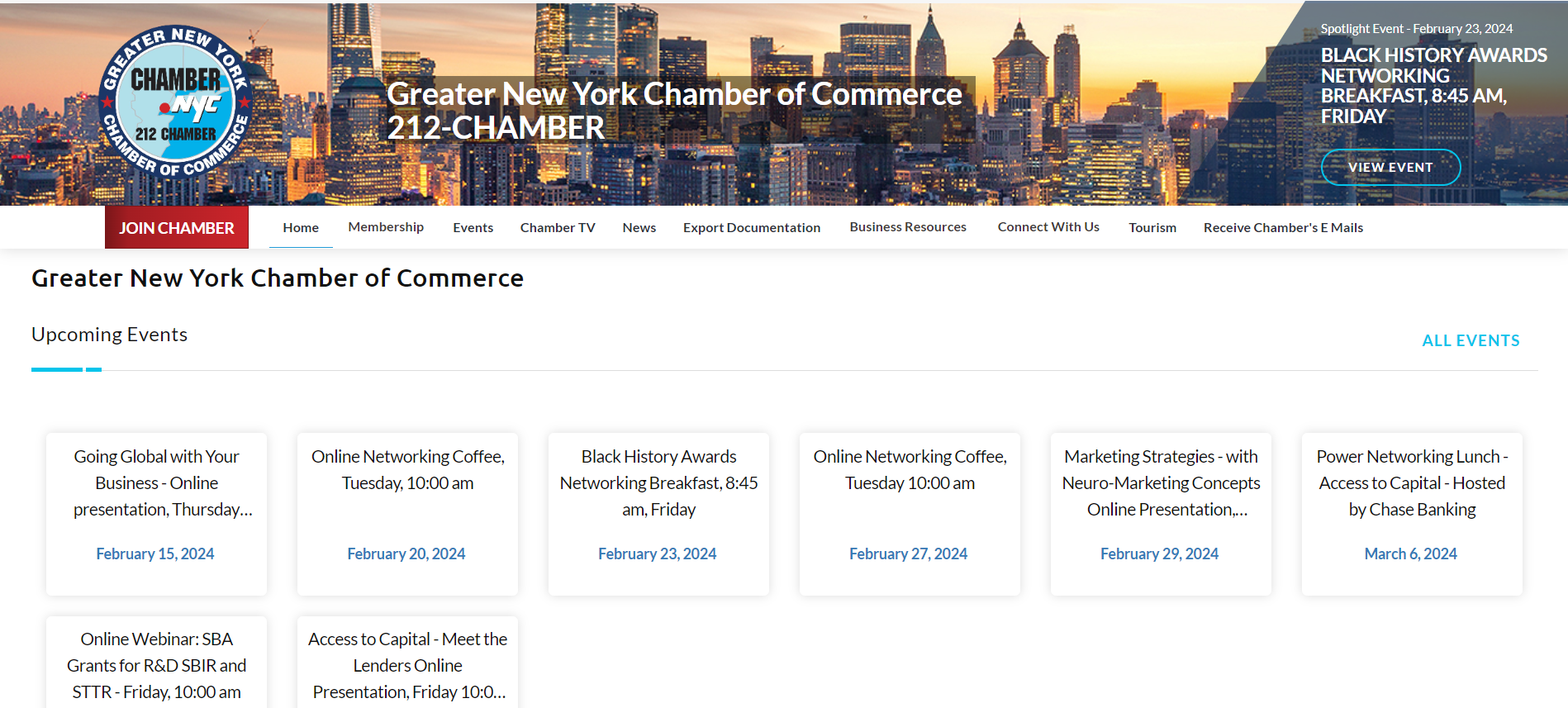
Does your business pay for membership in a Chamber of Commerce or other association? If so, make the most of that membership fee!
Call up the association and ask if you can list your business on their website. A five-minute phone could bring you a great backlink!
3. Add Internal Links in Your Content
As you create more and more content on your website, make it easy for Google and website visitors to find it with internal links to other relevant pages.
I recommend including at least one internal link to another page on your website every time you publish a new page.
4. Develop a Backlink Monitoring Habit
It's tough to stay motivated with link building when you can’t see progress.
To avoid falling into that trap, check your backlinks at least once per week, or automatically track your backlinks with SEOptimer and get regular updates delivered to your inbox.
5. Use Broken Link Building Techniques
Have you ever seen a webpage like this?

That’s a broken backlink. And it’s frustrating!
Fortunately, you can make the web a better place by fixing these backlinks and replacing them with your own. This strategy of replacing broken links can prove to be fruitful if you're consistent and you provide great value for the webmaster.
6. Get Easy Backlinks From Business Directories
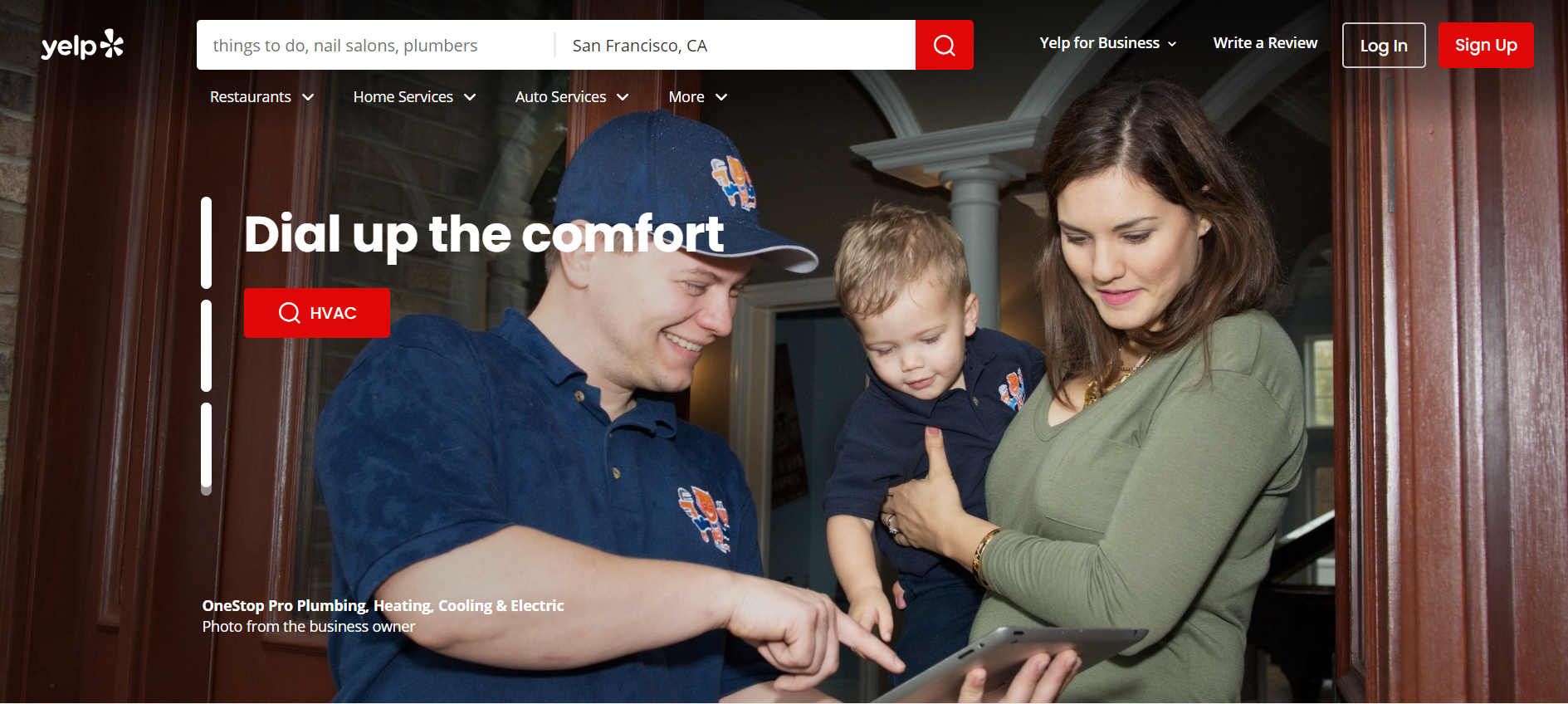
Take advantage of specialized business directories where you can list your business and get a backlink.
A few well-known examples are Clutch, a popular directory for digital marketing agencies, and Capterra, a major directory listing business software products.
To find specialized directories in your niche, simply do a Google search for “[your niche] directory.” For example, "SEO agency directory," "accountant directory," etc.
7. Use Social Media to Strengthen Your Network
When it comes down to it, link building outreach relies on trust and relationships.
After all, you're more likely to do a favor—like giving a backlink—for a friend versus a stranger.
To deepen your relationships, set some time aside to engage with people you know on social media. Comment on their posts, share their content and spread the love.
8. Give Backlinks to Useful Websites
You know how important backlinks are to SEO rankings. That’s why you should only link to content that you genuinely like and find valuable.
A good rule of thumb is to link to at least one worthwhile website in every piece of content you publish.
This not only makes for a better user experience, but also helps you network and build relationships with other people in the industry. Yes, that's right—it can actually make your outreach more credible.
9. Get More Links Without Writing Content
In my experience, text content tends to produce the best link building results. However, there are plenty of other ways to get backlinks if you don’t particularly like writing.
For example, you can record videos or podcasts and publish them online. As a result, you could get backlinks from media distribution websites like SoundCloud and YouTube.
You can also create transcripts of audio and video, either on your own or with a transcription service like Rev. With a transcript, you can then create an article quickly and easily by reorganizing the text of the transcript.
10. Create a Scholarship to Get High-quality EDU Backlinks

I’ll end this list of tips with a slightly more advanced tip.
You can earn authoritative EDU backlinks from colleges and universities by offering a scholarship to students in your industry. You'll need to offer a monetary amount, but you can choose how many scholarships you award.
Read this post to learn more about the scholarship link building strategy and how to put it into practice.
Bruce Harpham runs Steam Press Media, a digital agency that helps B2B technology companies acquire more customers.



